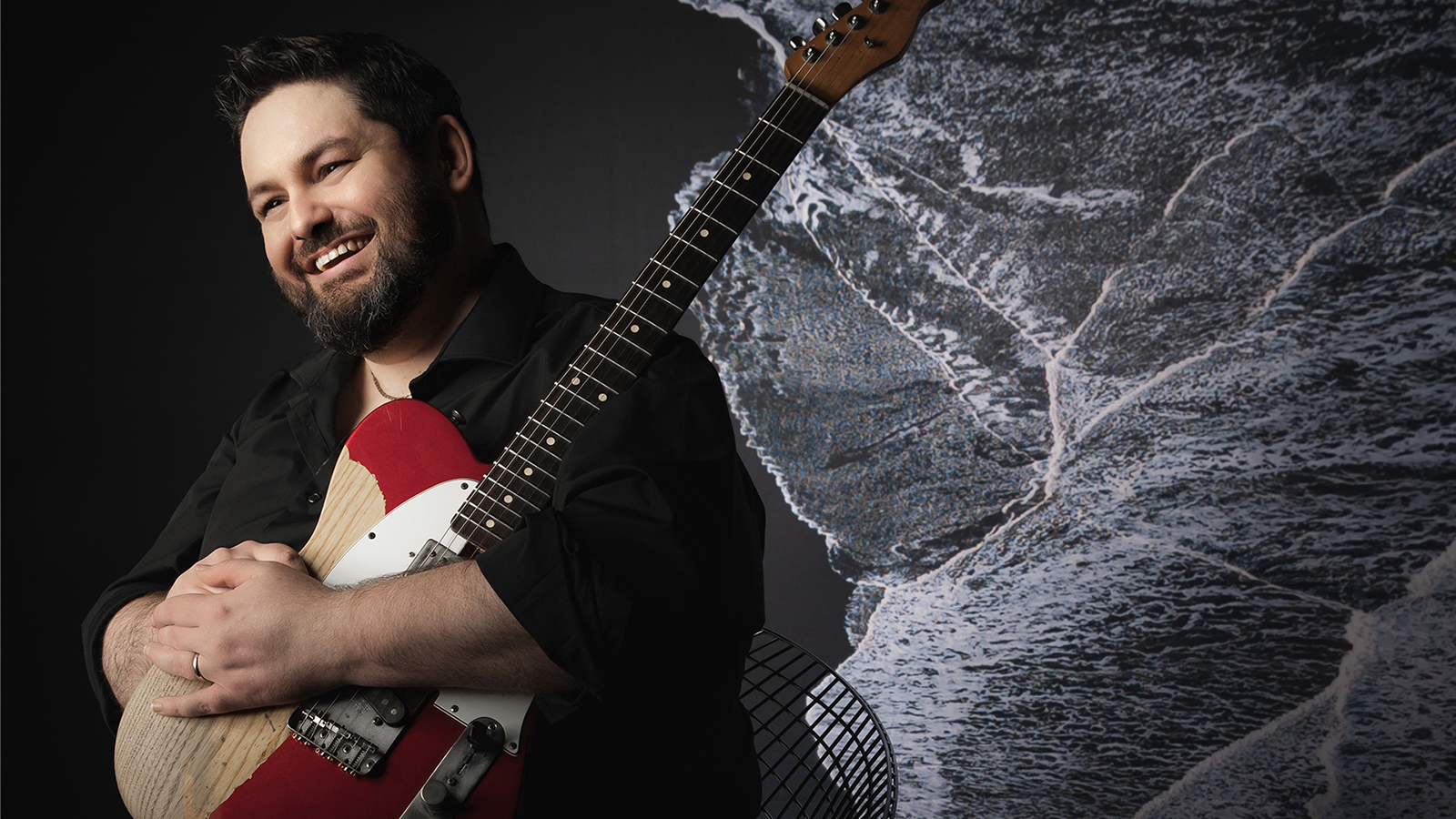In the diverse world of guitar playing, where dazzling solos and intricate riffs often steal the limelight, the importance of rhythm guitar skills is sometimes overshadowed. For guitar players and students alike, understanding the pivotal role of rhythm in music is essential. This article delves into why possessing strong rhythm guitar skills is more crucial than having adept soloing skills.
RELATED: Get Mike Welch’s Deep Blues: Rhythm Edition NOW on TrueFire >
The Foundation of Music
Rhythm guitar lays the foundation for the harmonic elements in music, acting as the building blocks upon which melodies and solos are constructed. It provides the backbone, supporting other instruments and vocals, and creating a cohesive sound. Without a solid rhythm, even the most impressive solos can feel disjointed and out of place.
Harmonious Interaction
Rhythm guitarists play a vital role in maintaining harmony within an ensemble. Their ability to synchronize with bass, drums, and other instruments ensures a unified and balanced sound. The interaction between rhythm and lead guitarists is particularly significant, with the former often replacing the latter in providing melody and texture.
Versatility and Creativity
Mastering rhythm guitar skills opens up a world of creative possibilities. From strumming patterns to chord progressions, rhythm guitarists have a plethora of tools and strategies at their disposal. Learning various strumming and picking techniques allows for a dynamic and versatile playing style, adaptable to different genres and musical contexts.
Timing and Feel
A strong sense of timing is indispensable for any guitarist. Rhythm guitarists need to maintain consistent timing, feel the pulse of the music, and adapt to different time signatures. Playing along with a metronome or drum track, counting out loud, and tapping the foot are effective ways to improve timing and develop a natural feel for rhythm.
Building Musicality
Rhythm guitar skills contribute to overall musicality. Understanding how chords, notes, and patterns fit together enhances the ability to create compelling music. Whether playing power chords, incorporating hammer-ons and pull-offs, or combining strumming and picking, rhythm guitarists shape the structure and flow of a song.
Practice and Improvement
Improving rhythm guitar skills requires dedicated practice and a willingness to explore. Online platforms like TrueFire offer valuable lessons and resources for aspiring rhythm guitarists. Engaging in activities such as playing to a click slowly, learning a variety of strum patterns, and jamming to a drumbeat can significantly enhance rhythm skills.
Conclusion
In conclusion, while soloing skills are undoubtedly impressive, rhythm guitar skills are the unsung hero of guitar playing. They provide the structure, harmony, and foundation upon which music is built. For guitar players and students, investing time and effort in mastering rhythm guitar skills is a step toward becoming a well-rounded musician.
RELATED: Get Mike Welch’s Deep Blues: Rhythm Edition NOW on TrueFire >
